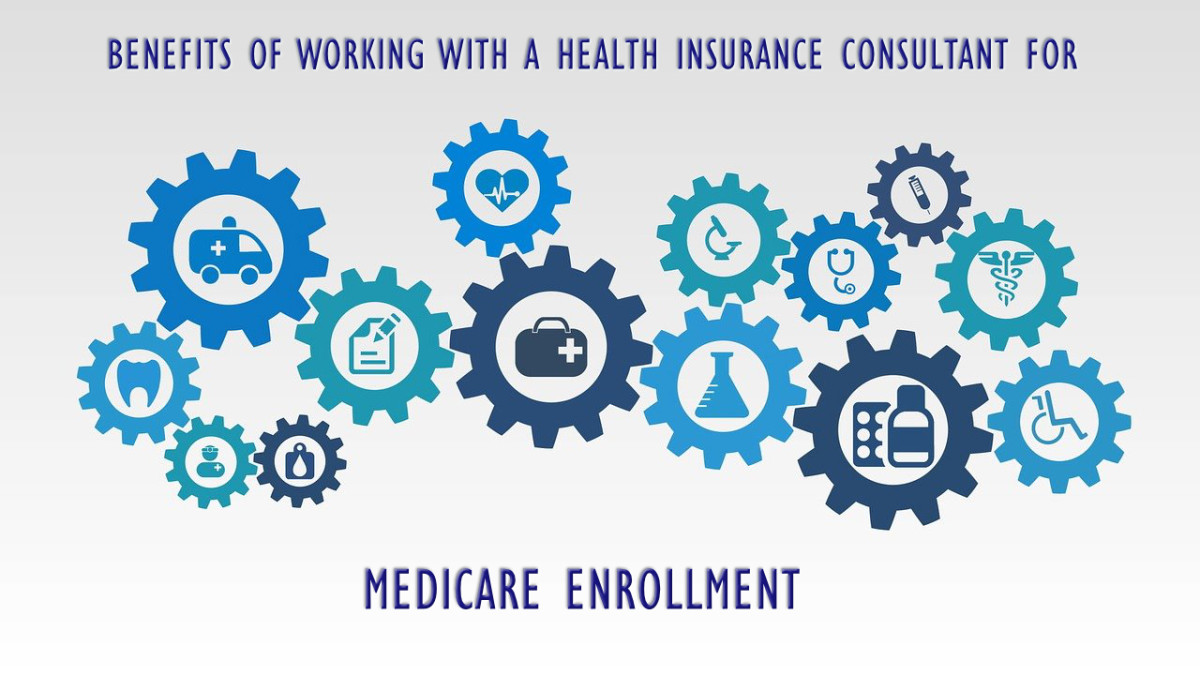The Healthcare Crisis in America

Somewhere along the way, America’s healthcare became big business. The general practitioner that took care of generations of families disappeared, and the high priced physician specialist became the new normal. Insurance companies have denied people health insurance due to pre-existing conditions, while CEOs of insurance companies take home enormous fees and millions of dollars in bonuses. Insurance companies act as middle-men, and charge fees for their services, advertisement and marketing, and administrative costs. Healthcare for all is threatened by inequality, and those who don’t have it will eventually affect the people that do have health insurance.
Eventually, Most People may Lose Their Health Insurance
Like a row of dominos, health insurance premiums will continue to rise until few will be able to afford it. The uninsured wait a long time to seek treatment and use the emergency room as a physician’s office. They go to the hospital sicker and need much more care than people who can afford to get treatment early. The hospital can’t collect the fees from the uninsured, so the people who pay their premiums have to pay the difference. According to USA Family, in 2011, health insurance premiums rose 10 percent nationally. A family of four now pays about $16,000 a year in employee based health care coverage. Obviously, a universal healthcare plan must be implemented to ensure everyone will have coverage, even those who do have healthcare coverage.
America is far from the Standard in Healthcare
America used to set the standard for healthcare, now, the United Nations rank the United States as 50th in infant mortality, the highest maternal mortality ratios than most of the countries in Europe, and higher than several countries in Asia and the Middle East. As other countries have managed to decrease their mortality ratios, America has doubled their ratios from 1990-2008.
The US Spends the Most Money on Healthcare in the World—86 Billion Dollars a Year
Public health is not only declining in the U.S., but it is a matter of a health crisis. Many people have lost their jobs and can no longer afford the premiums, or their employers can no longer afford the required contribution to the premium. People are having a difficult time paying their mortgage and feeding their family. The current trend for families is to insure the children, while one or both parents go without coverage. Almost 50 million people don’t have health care coverage, while 40 million more have substandard health insurance.
Most People without HealthCare Work 40 hours a Week or More
Almost 60 percent of people without health insurance are working fulltime, and most have families and young children. In “Dying for Coverage,” by Families USA, it is reported that 72 Americans die each day because they don’t have health coverage. That’s about 2,175 that die from preventable disease every month. The Institute of Medicine, in 2002, reported that over 20,000 people died between the ages of 22 and 64 because they didn’t have health insurance.
Preventative Care is Non-Existent for Many
The new technology costs much more for diagnostics, surgery and treatment. MRIs, CAT Scans and nuclear medicine may cost 1000s of dollars for a cancer patient or a stroke victim and without insurance, the ability to pay is impossible for most. The uninsured pay full price because they can’t negotiate discounts on charges as insurance companies do. They are forced to forego preventative care and don’t receive screenings to catch disease processes early enough to save their lives. As a result, premature death from preventable or treatable disease is increasingly common in America.
Bankruptcies from Illness in the United States
According to the American Journal of Medicine, 60 percent of bankruptcies were filed in 2007 due to illness, as compared to 46 percent in 2001. People maxed out their insurance, or lost it due to the inability to work from disease or injury, and lost their life savings and property. America is the only industrialized country that can produce financial ruin to those that are suffering or battling an illness.
The Affordable Health Care Act
In July of 2014, millions of Americans will be allowed to pay for healthcare insurance. Health insurance companies will no longer be permitted to deny people coverage that have pre-existing conditions or charge them higher than usual insurance premiums. People will be able to cover their children, and themselves. Young people will be able to get healthcare and be covered by their parents insurance until they are 26 years old. Medicare recipients won’t have to choose between food on the table and their expensive medications. Insurance premiums will eventually decline, and people can foster a community of health equality.
A Decline in Health Insurance Premiums
According to the Congressional Budget Office predictions, the Lewin Group and the Urban Institute both agree that the Affordable Health Care Act will reduce overall health care costs and save the federal government money. In approximately a decade, more than 400 billion dollars will be saved and about 40 million dollars a year in additional savings from eliminating large fees from the health insurance market.
About the Author
eHealer is an expert author and professional nurse with a masters degree in nursing research. With over 25 years experience as a registered nurse in patient care and nursing education, eHealer has written valuable online information for the past 12 years on health and wellness, scientific research and chronic disease. She continues a philosophy of providing responsible, factual, and evidenced-based information that provide health consumers with the best health information to make useful and important healthcare decisions.








